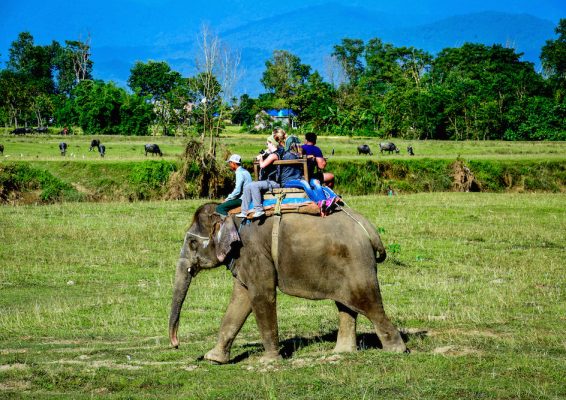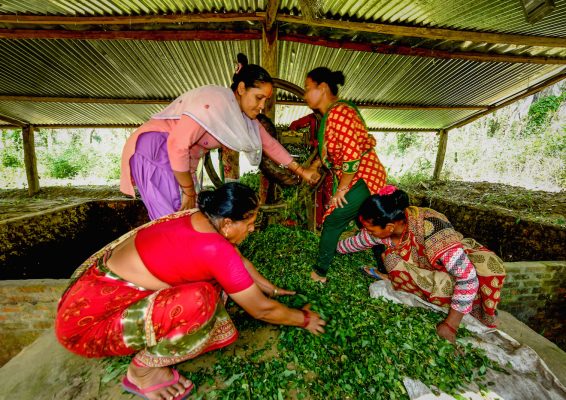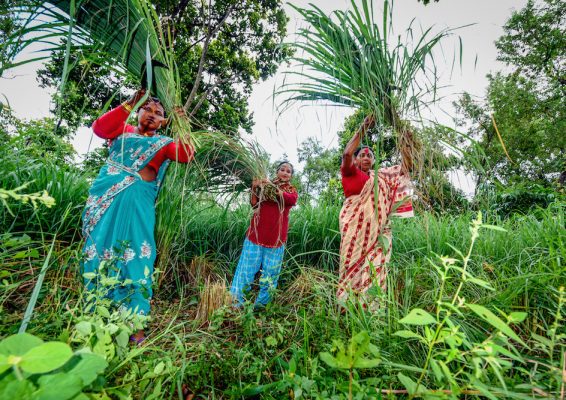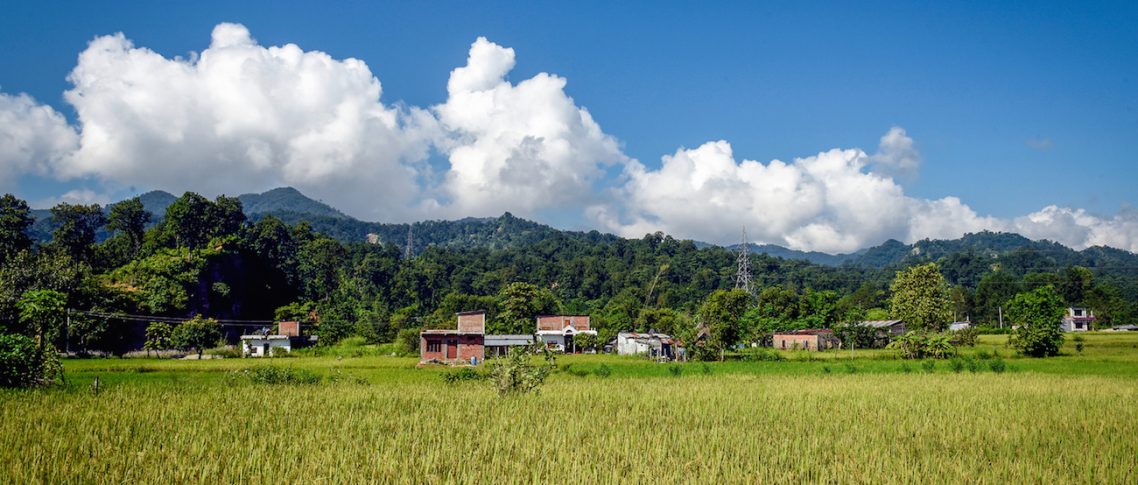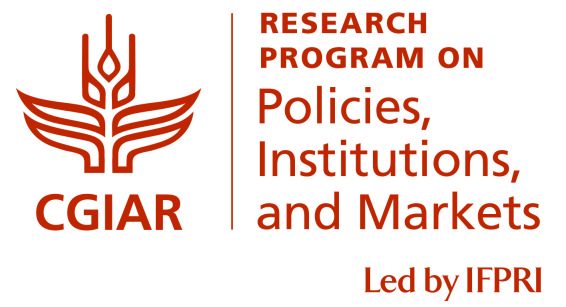Around the Chitwan National Park in Southern Nepal, forests are supporting the emergence of a host of sustainable local businesses.
Growing businesses in tourism, all-natural products and timber sales are popping up across the forest landscape, boosting local incomes, especially for women, while encouraging sustainable forest management.
The momentum behind this change comes from a decades-long push to hand over forest management rights to local communities who depend on the forests for their livelihoods.
In Nepal, an ambitious government program of forest rights devolution began in the 1970s, and a new forest rights law in 1993 marked a milestone when a significant range of forest uses and management was officially entrusted to Community Forest User Groups (CFUGs).
Nepal is now considered a success story and world leader for forest rights devolution with 20,000 CFUGs, about 40 percent of the population, overseeing 30 percent of the country’s forested lands.
This research will be discussed at a workshop titled ‘Common benefits: Is community tenure facilitating investment in the commons for inclusive growth?’ on 13 December in Washington, D.C.
It will also feature at a session titled ‘Opportunities and Lessons Learned to Enhance and Accelerate Recognition of Community Land Rights’ on 20 December at the Global Landscapes Forum in Bonn, Germany.

SETTING AN EXAMPLE
Previous research on the CFUG program found a net benefit for the protected areas, including an increase in forest cover, firewood, fodder, timber and some non-timber forest products.
In addition to supporting sustainable forests, the program is enabling communities to make gains from forest-based enterprises. The Center for International Forestry Research (CIFOR) and local partner ForestAction Nepal, a Kathmandu-based forestry research institution, are conducting research on the benefits and challenges to these businesses.
Nepal’s CFUGs have become crucial institutions for sustainable development, findings show. Social cohesion has improved as women and other marginalized groups take part in profit-sharing forest endeavors. Enterprises founded or licensed by CFUGs are expected to give members of different social castes and minority groups equal opportunities to participate in livelihood opportunities.
User Group members gain improved access to forest resources, such as firewood, for personal use and can vote on how the forest-generated income is spent. In most cases, the communal income is invested in community roads, schools and short-term loans.
Business enterprises that operate in community forests must contribute to achievement of the social and employment goals set out in the CFUG charter and must be sustainable. The program has shown that governments and local populations can benefit significantly from the devolution of forest rights, and has set an example for countries in similar situations.

